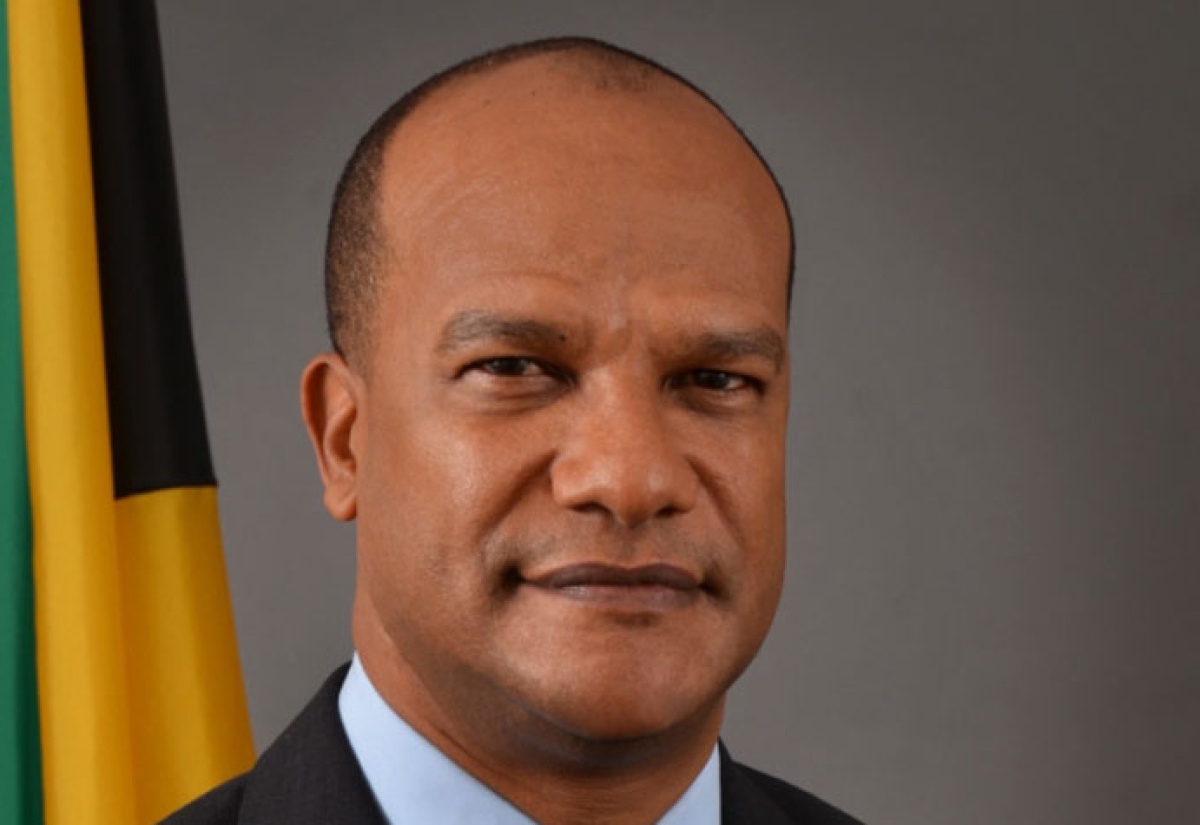It is an interesting coincidence that the debate on the three Bills to establish the Caribbean Court of Justice (CCJ) as Jamaica’s final appellate court and the debate on the Reparations motion are occurring contemporaneously, because both address the impact of slavery and colonialism on the societies of Jamaica and the wider Caribbean.
While the Reparations debate focuses on receiving economic compensation for the enslavement of the African people, the impact of these historical crimes go far beyond just economics.
Prof. Hilary Beckles speaks of “the stress profile and psychological trauma of slavery and apartheid” which has left our Caribbean societies psychologically broken. Symptoms of this brokenness are evident in a negative identity and a feeling of inferiority still carried by many. One current manifestation is the epidemic of skin bleaching which is self inflicted and probably does the victim more harm in the long term than a bout of Chik-V.
More insidious however, is the legacy of distrust and dependency. The seeds of this distrust and dependency were deliberately sown by the plantation owners to control the slaves. Marcus Garvey stated “We are going to emancipate ourselves from mental slavery because whilst others might free the body, none but ourselves can free the mind.” So I support the calls for Reparatory Justice, but whilst this requires the cooperation of external governments, some elements of this Reparatory Justice we can give to ourselves in the meantime, through repatriating the symbols of our sovereignty.
Some will be uncomfortable with my exploration of the psychological effects of slavery on our decision-making today. However, I believe that knowledge of the past is a key to understanding the present, and therefore make no apology for drawing on the work of a celebrated historian of slavery – Kenneth Stampp – who identified Five Rules for Making a Slave in his book “The Peculiar Institution (1956): Slavery in the Ante-Bellum South”. These rules were:
1) Maintain strict discipline
2) Instill a belief of personal inferiority
3) Develop a sense of the master’s power (instill fear)
4) Accept the master’s standard of good conduct
5) Develop a habit of perfect dependence
What is fascinating is that four of these five rules have to do with the psychological indoctrination of the slave rather than physical coercion. Therefore it is not surprising that this indoctrination is so persistent…Read More
Download Contribution to CCJ Debate by National Security Minister, the Hon. Peter Bunting


